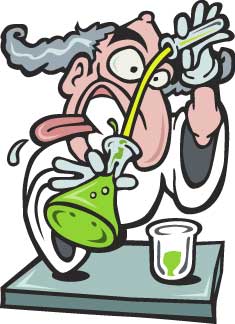Activists worry nuke byproduct could taint water supply
Valley awash in pollution fears
Activists worry nuke byproduct could taint water supply
http://ottsun.canoe.ca/News/OttawaAndRegion/2006/11/22/pf-2445691.html
By JORGE BARRERA, OTTAWA SUN
Environmental and community groups are warning that the Ottawa River could soon be getting an increased dose of a radioactive substance that can cause major birth defects.
Several groups are fighting the renewal of a Pembroke company's nuclear processing licence because they fear it could impact the city's drinking water.
"We are calling on Canadians and the federal government to reject this crazy scheme," said Ole Hendrickson, a researcher with Concerned Citizens of Renfrew County.
The City of Ottawa's environmental advisory committee has asked city staff to look into the matter. Bay Ward Coun. Alex Cullen also plans to raise the issue at council.
Pembroke's SRB Technologies is seeking to extend its licence to process tritium -- a radioactive byproduct of CANDU nuclear reactors -- without the recent restrictions that keep it from operating when it rains or snows.
A public hearing on the licence before the Canadian Nuclear Safety Commission is planned for Monday. Commission staff have recommended the licence be approved.
SRB president Stephane Levesque said the company wants to build a canopy to catch rain water contaminated by smokestack emissions with tritium. The company plans to divert the water into Pembroke's sewage system, which flows into the Ottawa River. Levesque said the increased effluence wouldn't come close to the company's maximum allowable discharge imposed by the commission.
"There is no risk whatsoever at the sewage treatment plant in Pembroke or to any individuals who use the Ottawa River water," said Levesque.
'UNPREDICTABLE'
But Hendrickson said it's unclear what impact the company's contaminated rain water will have.
"The reason it hasn't raised any alarm bells is that the Canadian Nuclear Safety Commission believes that dilution is the solution to pollution," said Hendrickson. "But the behaviour of tritium is quite unpredictable."
The Ottawa River has already taken in tritium from the plant after stack washings flowed into the sewer, said Hendrickson, who was joined at a news conference on Parliament Hill yesterday by the Canadian Coalition for Nuclear Responsibility and Ottawa Riverkeeper.
Hendrickson said Health Canada's acceptable tritium levels are too high. He said the U.S. and European Union have tougher standards.
A spokesman for Health Canada said Canadian standards are tougher than those set by the World Health Organization. Jason Bouzanis said the U.S. calculates its numbers differently.
SRB uses tritium to produce glowing signs that need no batteries or electricity -- such as those used over exits and on airplanes.


0 Comments:
Post a Comment
<< Home